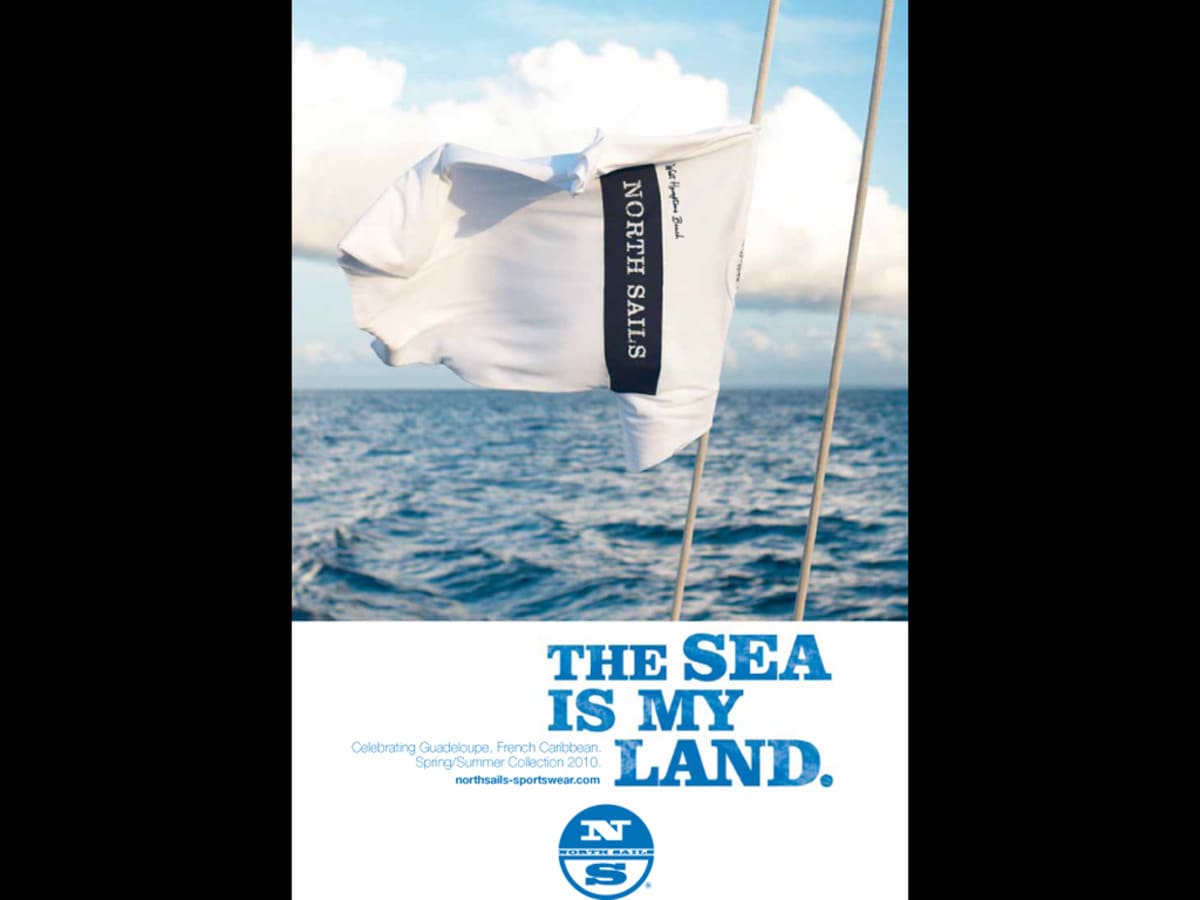London: The City of London Corporation has launched a new waste strategy aimed at promoting a circular economy in the Square Mile by 2040, enhancing recycling practices and aligning with the UK’s net zero emissions target, while also bolstering local economic opportunities and sustainability initiatives.
The City of London Corporation has unveiled a new waste strategy aimed at fostering a circular economy within the capital’s financial district, known as the Square Mile, by the year 2040. The initiative, which is part of the City Corporation’s wider Climate Action Strategy, seeks to dramatically reduce waste and enhance recycling practices in the area, all while contributing to the UK’s legal target of achieving net zero carbon emissions by 2050, with London’s aspirations set a decade earlier.
The recently approved Circular Economy Framework and Action Plan outlines a series of ambitious objectives, including the introduction of new requirements for building products designed to minimise waste generation. Moreover, there is a commitment to upgrade recycling facilities to better serve the local population, businesses, and visitors.
Mary Durcan, Chair of the City Corporation’s Port Health and Environmental Services Committee, expressed optimism regarding the new strategy, suggesting that it represents a significant transformation for the future of the Square Mile. Speaking to MRW, she stated, “It builds on our commitment to innovation and sustainability, creating a greener, cleaner City for everyone.” Durcan emphasised the dual benefits of adopting circular economy principles, noting that it not only reduces waste but also opens up new economic opportunities and promotes collaboration, ultimately ensuring the City remains a leading global hub for business and culture.
Shravan Joshi, Chair of the Planning and Transportation Committee, added that the strategy is designed to bolster sustainability efforts within London. He noted, “The City of London’s global reputation as a financial and cultural capital is underpinned by our ability to lead on sustainability. As well as reducing waste, we’re creating a resilient and future-proof city where materials are continuously upcycled.” Joshi highlighted the framework as an example of how innovative policies have the potential to drive significant change, positioning the Square Mile as a model of circular economy principles and an attractive destination for sustainable investments.
In addition to the new framework, the City Corporation plans to expand existing circular economy initiatives, which include supporting the donation of items such as books, clothing, and electrical equipment for reuse. Furthermore, they have released a Heritage Buildings Retrofit Toolkit designed to guide the effective retrofitting of older structures, enhancing their climate resilience while preserving their historical value.
Source: Noah Wire Services




